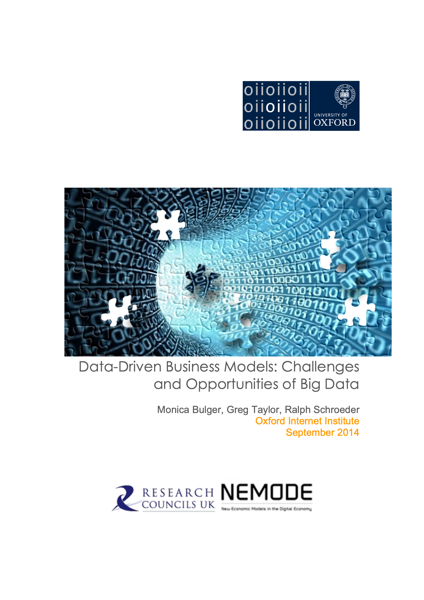EINS: Network of Excellence in Internet Science
EINS aims to strengthen scientific and technological excellence by developing an integrated and interdisciplinary scientific understanding of Internet networks and their co-evolution with society.
Monica Bulger leads the Enabling Connected Learning initiative at the Data & Society Research Institute. She serves on the International Advisory Board for Global Kids Online, a collaboration between UNICEF, LSE and international partners to study the risks and opportunities of children’s use of the internet. She additionally serves on the advisory board of the International Child Redress Project helping child victims of sex crimes in Southeast Asia access civil justice. A 2014-2015 Fellow at the Berkman Center for Internet & Society at Harvard University, she is a Research Associate at the Oxford Internet Institute and a fellow of Fundación Ceibal studying impacts of educational technologies on children’s everyday experiences. Monica contributes policy research UNICEF, EU Kids Online, the U.S. Department of Justice, and the European Commission. She holds a PhD in Education with an emphasis in cognitive science and social dimensions of technology. Her recent work focuses on issues of equality and children’s rights in digital and learning spaces.
At the Oxford Internet Institute, Dr. Bulger’s work focused on three key areas and their interrelationships: digital literacy, information use, and online child safety. Within these fields, she contributed to the development of indicators for measuring media literacy across the EU for the European Commission, which has resulted in a practical, modular framework for national media literacy assessment as well as an examination of the methodological and political challenges of measuring national levels of media literacy. Dr. Bulger simultaneously, studied information use practices among scholars in the humanities and physical sciences to determine how technology was affecting their research, collaboration, and dissemination practices. In particular, she examined how the interplay between technical skills and scholarship affected practice, namely, who was increasing their use of technology, who wasn’t, and the significance of these choices for their practice.
In 2011, Dr. Bulger and Dr. Victoria Nash received a grant from the John Fell Fund to study the extent of harms children experience as a result of being online. Together with Vera Slavtcheva-Petkova, they completed a critical synthesis of documented evidence of harms, drawing from studies across disciplines and including practitioner studies and charities reports. This work is ongoing, with current research focused on an analysis of international policy related to online child protection and an evaluation of the efficacy of interventions in reducing children’s online risky behaviors.
Please visit slideshare to view recent presentations and Dr. Bulger’s blog for links to recent publications.
digital literacy, online child protection, online child safety, information use, child development, learning and cognition, teens and Internet
EINS aims to strengthen scientific and technological excellence by developing an integrated and interdisciplinary scientific understanding of Internet networks and their co-evolution with society.

The aim of this study is to identify key challenges to the realisation of benefits from big data in the UK economy, along with pathways to overcoming these challenges.
ULab will work as a University Laboratory, systematically reviewing, evaluating and experimenting with current practice in research, valorization, entrepreneurship and outreach activities in each of the five partner universities.
By Monica Bulger, Greg Taylor, and Ralph Schroeder
How is big data being used in businesses toward growth, and what are the obstacles to its increased use? This report, written by Oxford Internet Institute researchers, answers this question by drawing on interviews with leaders and stakeholders.

16 May 2012
The InteractiveVis project, funded by JISC from May to September 2012, aims to allow easy creation of interactive visualisations for geospatial and network data using native technologies.
16 May 2012
11 January 2010